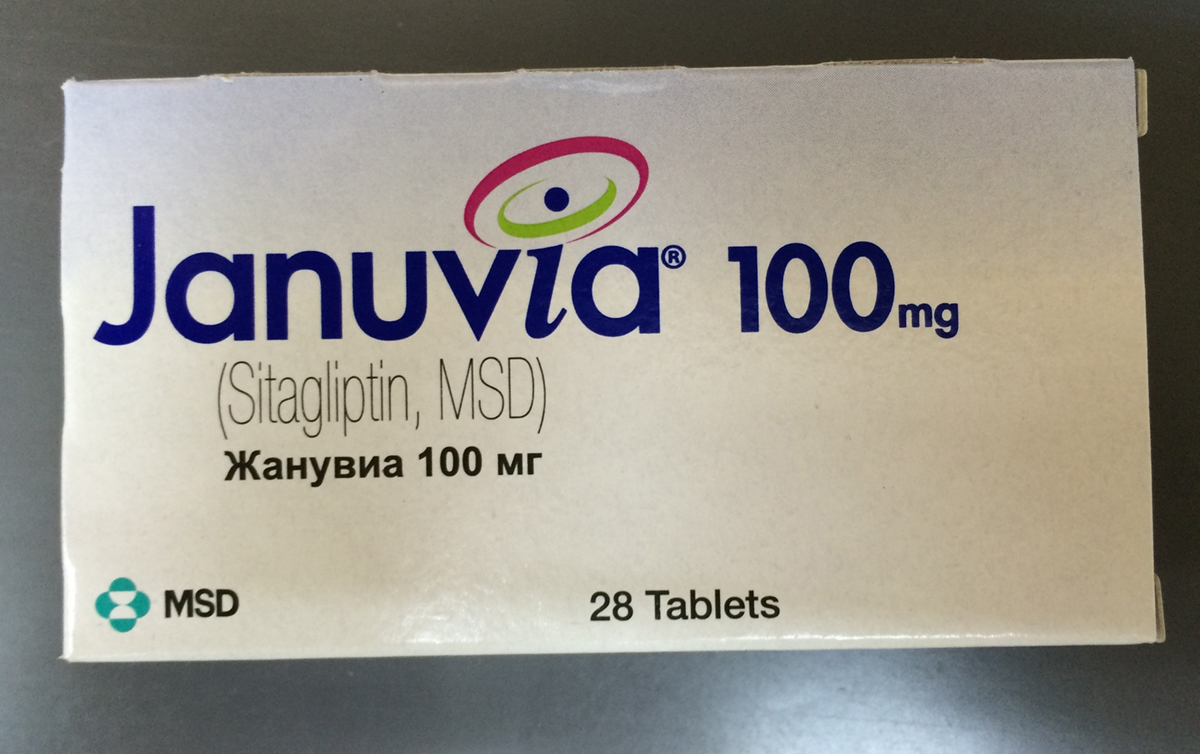
What is Sitagliptin?
Sitagliptin is a medicine used in the treatment of people who suffer from the type 2 diabetes, and it has the purpose to control the level of sugar in the blood by increasing the substances because of which pancreas releases more insulin. At the same time it sends the signal to the liver to decrease, or even stop, the production of sugar when the amount of it in the blood is too high. The reason why it cannot be used in the treatment of the type 1 diabetes is the fact that, in these patients, the pancreas does not produce insulin at all and in them the injections of insulin are the best possible way to control the level of the sugar in the blood.
Who should not use sitagliptin?
In order to be used, sitagliptin has to be prescribed by a doctor and in order to prescribe it, the doctor has to get all the necessary information about the patient first, and then carefully consider them before making the decision about whether or not this medicine should be used in the particular case. The reason for that is the fact that people who have some kidney or pancreas problems may experience certain complications, so the use of sitagliptin is not really recommended in their case. On the other side it has still not been determined whether this drug has an effect on the baby or fetus, so it is not recommended to prescribe it to the women who are either pregnant or nursing. The same goes for people who have some kind of an allergy.
Possible side effects
Just like the majority of other medicines, this one can also provoke certain unwanted effects, though it cannot be predicted in which cases and under which circumstances it may happen. So everyone who uses it should pay attention, especially at the beginning. Some of the milder side effects which may occur are headache, diarrhea, nausea, pain in the stomach, and the infections of the upper respiratory tract. None of them requires medical attention unless persistent. However much more serious side effects include nausea and loss of appetite, especially if followed by the pain in the abdomen, because these signs may indicate pancreatitis, which is also one of the possible side effects of sitagliptin. Low blood sugar also requires attention, though not necessarily medical. The signs that indicate it are sweating, extreme hunger, loss of coordination, shakiness, confusion and difficulties with speaking.





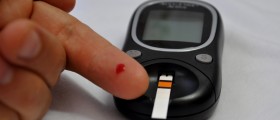

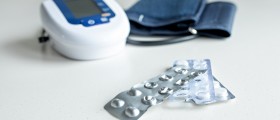
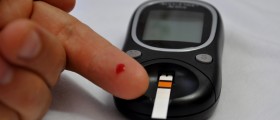
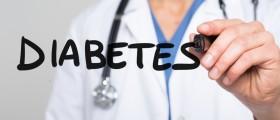






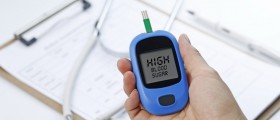
Your thoughts on this
Loading...